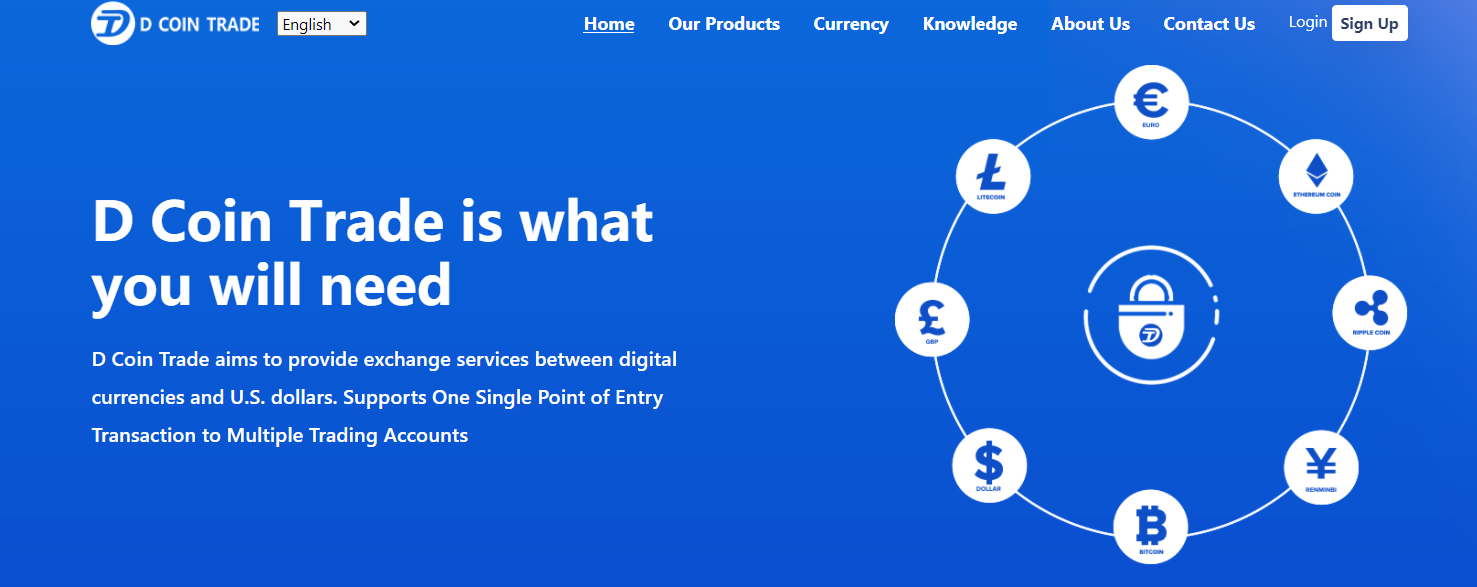Finance
Understanding the Virtual Currency
Published
on

A currency which is basically represented in a electronic form. Dealing mainly take under through a designated a software, mobile phone, computer or on any other gadget, virtual currency trading is mainly handled by non government organizations or by group of developers and this currency does not under any legal foundation.
Virtual currencies are a subsection of digital currencies, like cryptocurrency or some non-registered securities issued by private firm. The pros of virtual currencies include faster transaction speeds and ease of use. The demerits of virtual currencies are that they can be hacked and do not provide much legal assistance to investors because they are not regulated. Virtual cryptocurrency trading increase dealing speed by eliminating middlemen, nevertheless online scams in this trade cannot be ignored.
How This Currency Started?
Virtual currency came into market in 2012 with the help of European Central Bank (ECB). This institution defined it to classify types of "digital money in an unregulated environment, issued and controlled by its developers and used as a payment method among members of a specific virtual community. Whereas, united states of America explain it as electronic representation of value that operates as unit of account, holding of value and a mean of give and take.
Though virtual currencies remain unregulated in the vast majority of financial jurisdictions, that situation is slowly started to improve as regulatory authorities are continuously looking to put a legal rope on this virtual currency trading as lot of criminal syndicates are operating using this, as it can be tracked.
How Many Types Of Virtual Currencies Are There?
There are two types’ virtual currencies; first one is closed virtual currency, these currencies mainly handled by private market. Apart it can be transformed or changed into another virtual currency or other type of money. For example, currencies in gaming does not to the real world and can only be used in their respective biosphere of game, like UC in pub (Players Unknown Battleground).
Another type is open virtual currency as it is very much clear from its name that this currency can be converted to many other forms of money. Open virtual currency functions in an open ecosystem with free environment and can transfer as well as converted into currencies either in the same platform or outside it. For example bitcoin and lite coin.
Claws and Flaws of Virtual Currency
Firstly, on the positive side these currencies do not have expensive and physical storage costs. The advance technology rails of virtual currencies speed up transaction speeds and eliminate domestic boundaries. With the help of its decentralized technique there is no role of intermediaries during any dealing and this currency help to make direct connection between two parties.
Whereas, on the opposite side of virtual currency trading are attractive targets for hackers. There have been several cases of cyber frauds in past years have been plunged up as it is very easy for hackers to make carbon copy of this, owing to this, a situation of double spending arise in the market.
Popular

Building Local Partnerships to Boost Escort Visibility

Exploring the World of Top Escorts: Unveiling the Elite

Behind Closed Doors: A Look into the Lives of Cheap Escorts

The Modern World of Escort Services: Beyond the Stereotypes

Pets Service: Enhancing Customer Experience with Digital Solutions

